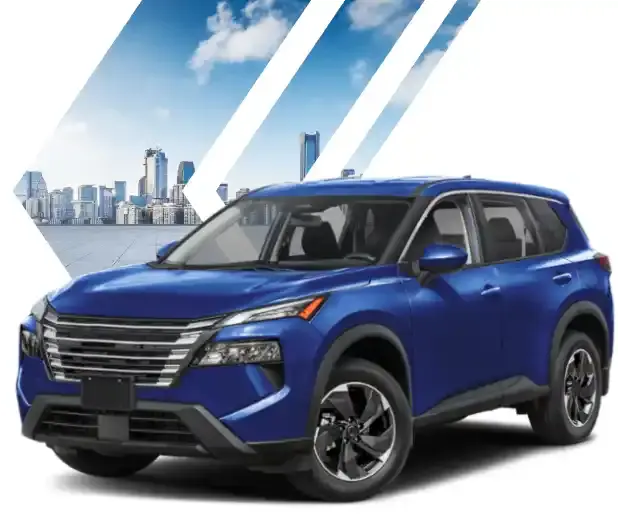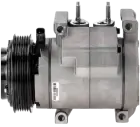Endurance Reliable Coverage & Customizable Plans
For nearly 20 years, Endurance has been a trusted provider of vehicle service contracts (VSCs), often called “extended warranties,” designed to help drivers manage unexpected repair costs. Endurance offers flexible and customizable plans, allowing you to choose the level of coverage that fits your vehicle and budget, so you only pay for what is relevant to you. Available benefits may include 24/7 roadside assistance, rental car coverage, and trip interruption reimbursement, along with one year of Elite Benefits that may offer extras such as tire coverage, key fob replacement, and collision discounts.
When a breakdown happens, Endurance helps you find a mechanic close by or lets you choose your own certified repair shop. Take advantage of a 30-day money-back guarantee and secure dependable, affordable coverage that will give you true confidence for every drive.

Endurance Auto Protection Plans
Endurance offers a range of coverage plans to fit your needs:
Why Choose Endurance?
From daily commuters to rideshare drivers, Endurance offers auto protection plans for all types of vehicle owners. Endurance provides coverage for cars up to 20 years old, helping you prepare for breakdowns and avoid unexpected repair costs. Whether you drive a newer model or a used car with over 200,000 miles, Endurance delivers reliable and affordable protection backed by positive customer reviews, an A‑ rating from the BBB, and a strong industry reputation.
Breakdowns can strike at any time. Are you ready?
Choose a vehicle part from below to see the average repair costs for each part.

A/C Compressor
Average Out-of-Pocket Cost without Endurance.
$200-$300
Verified Customer Reviews
FAQ
Is there a mileage limit for Endurance's coverage plans?
Does Endurance have a waiting period?
Can I cancel my Endurance plan?
When should I file a claim?
How do I access roadside assistance?
How long does it take to process a claim with Endurance?
Can I choose my own repair shop with an Endurance Warranty?
What is the average monthly cost of Endurance?

